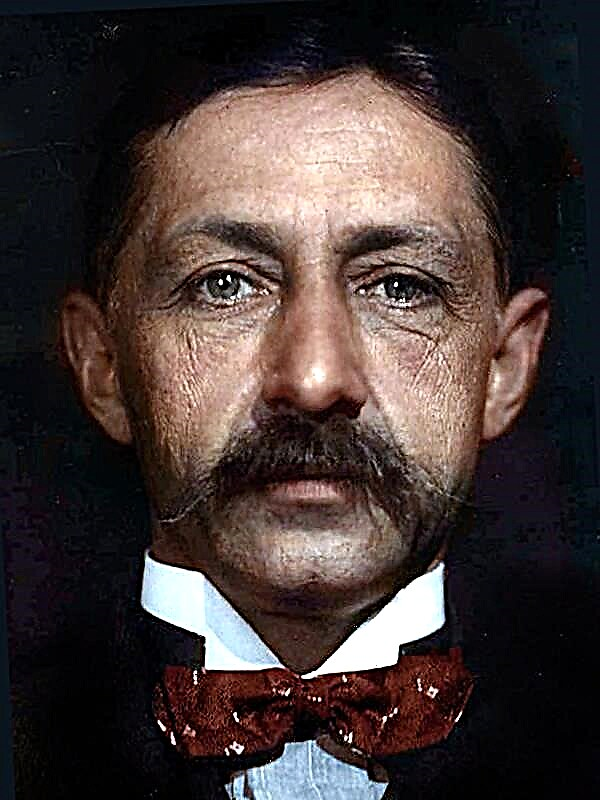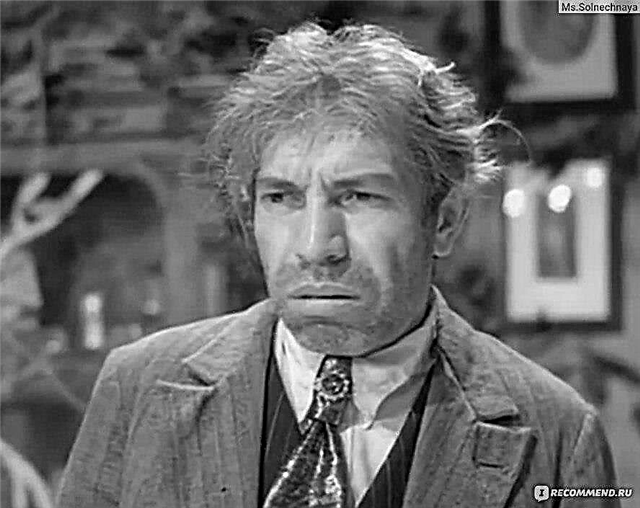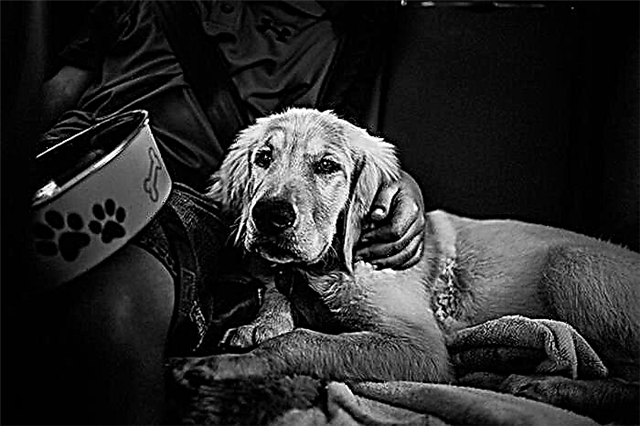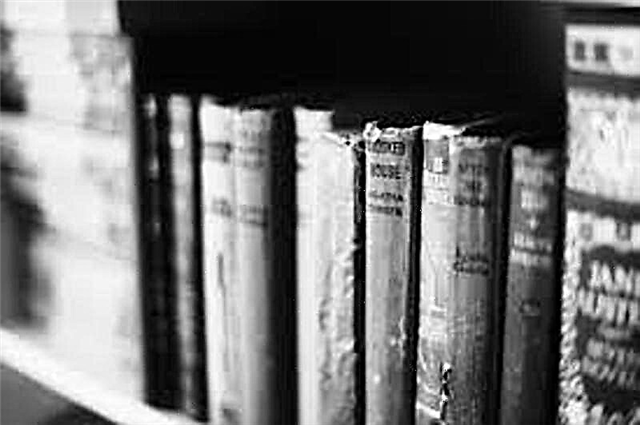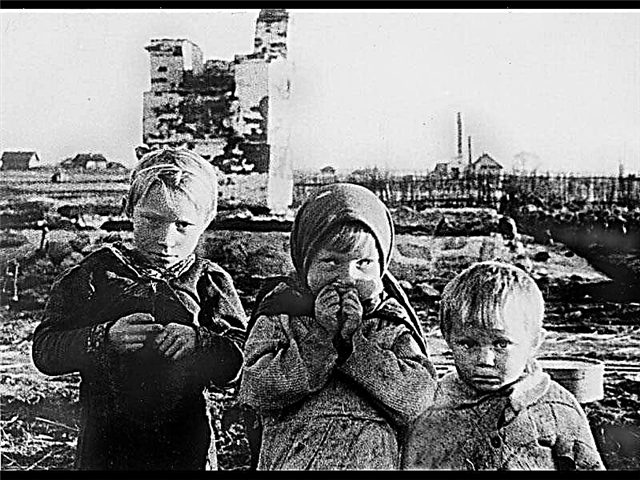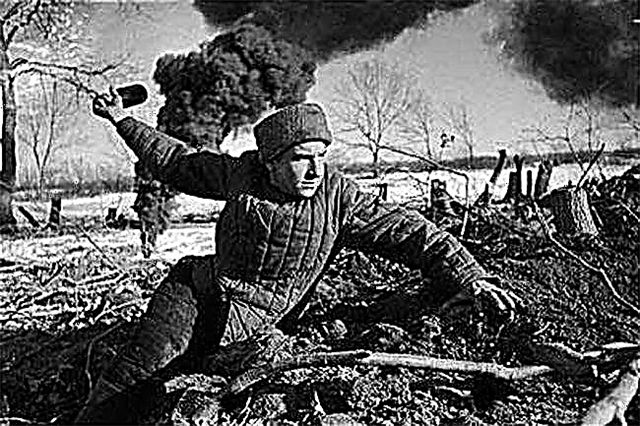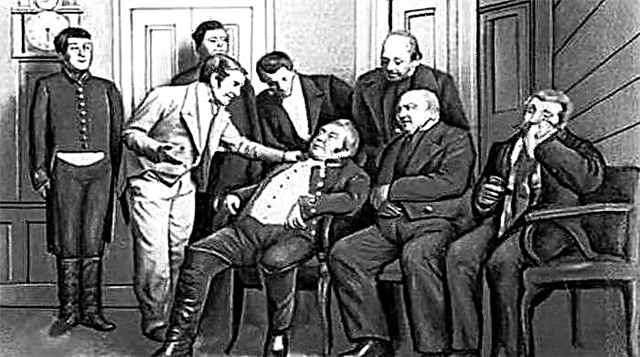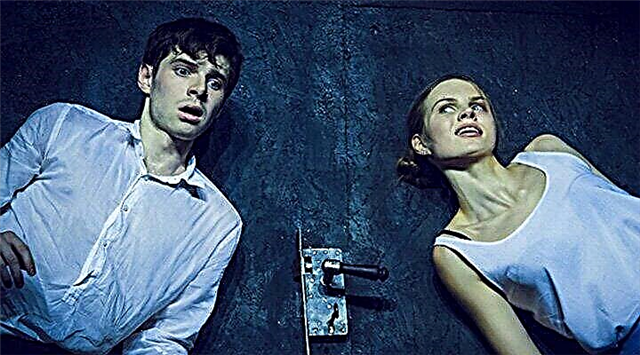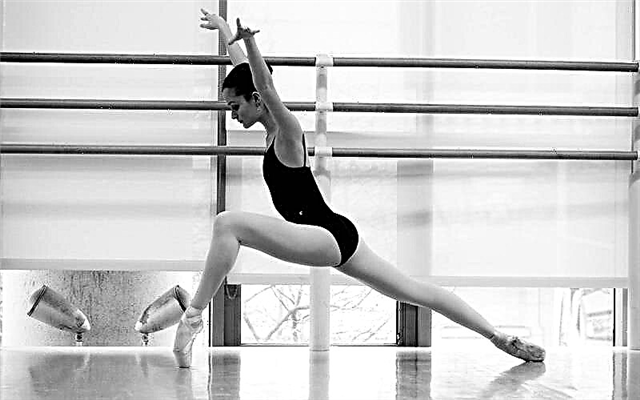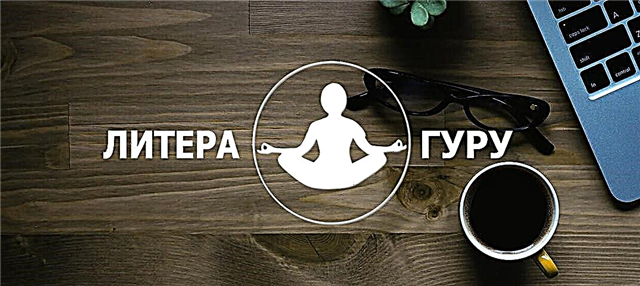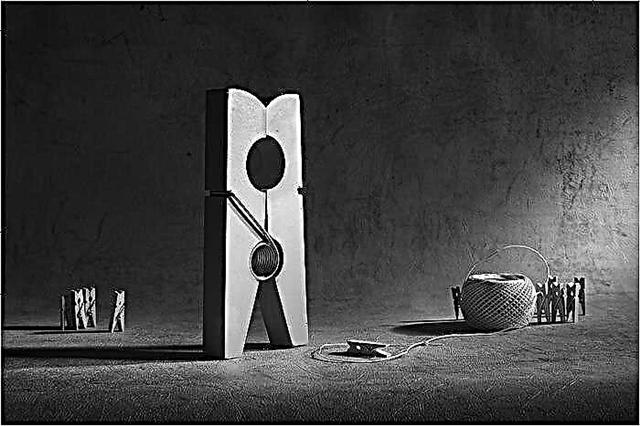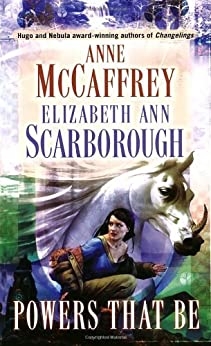Foreword
Here, the author substantiates the idea that revolution is not a child who needs to be protected. This is lightning, but we will not protect lightning, entering the field during a thunderstorm! To the author, the revolution seems to be a man who at any moment jumps out of the gateway, puts a knife in his throat and takes off your coat. It is in such a revolution that one must stick a dozen knives.
Great movie trick
The author, like a director, orders a certain Mitka to roll the film back, and historical paintings open before us: bullets pop out from dead people and return to the barrel of pistols, trains go back, Lenin leaves Russia, Rasputin leaves for Tyumen, etc. The author asks to stop film on the manifesto of October 17, given by Nicholas II, a time when all people were truly happy.
The poem about a hungry man
People gather in the same house every evening and read reports on the delicious food they once ordered in restaurants, before the revolution. All of them are hungry, eat terrible bread and with rapture, sometimes turning into a tantrum, eagerly listen to reports.
Booted Grass
The narrator communicates with a girl who is smart over the years and discusses on various political and military topics. Her parents were rich before the revolution, and now her mother is very ill due to a lack of vitamins in food. The girl manifests herself as a child: asks to get her a kitten. “The louts walk in green young grass in huge heavy boots, lined with nails. They will follow her, take her. Gone - lay down, lay down a crumpled, half-crushed stalk, warmed his ray of sunshine, and again he got up and, under the warm breath of a friendly breeze rustles about his, about the small, about the eternal. "
Ferris wheel
The author discusses what Luna Park is. He believes that only fools can be fun here, and he comes here to look at them. He takes a look at the revolution and presents it in the form of an amusement park. On the amusement ride "Fun Kitchen", where fools break the dishes with balls, he sees Russian officials whom foreigners are helping, and plates are justice, education, science, etc. In "Fun barrel", where fools ride down the hill, Averchenko presents a family that, knocking on different obstacles, gradually loses everything: “Bang on the pedestal - the child flew out of the car, bang on the other — the Petliurists themselves were thrown out, fucking on the third — the Makhnovists took their suitcase.” Kerensky runs the ferris wheel, urging everyone to ride, but the wheel picks up speed, and people are thrown off onto the sidewalk. The next owners of the wheel are Lenin and Trotsky, and everything starts anew.
Features from the life of the worker Pantelei Grymzin
Pantelei receives a salary per day, 2.5 rubles, buys himself beer, ham, sprats, orders a shoe from a shoemaker ... that's all the money went. And during dinner he thinks how good it is for those who drink liquors and pineapples with grouse chewing. But here comes the revolution. Now he receives 2700 rubles per day. , he gives the cobbler 2300 offsets, buys a pound of half-white bread, a bottle of citro. At dinner, he thinks how well he lives for those who drink beer, and eats sprats with ham. “Why is it all alone, is it nothing to others?
New Russian fairy tale
Stop telling a fairy tale lie about Little Red Riding Hood! Let's reveal the truth: “One father had three sons: we don’t care about the first two, and the youngest was a fool. The state of his mental abilities is evident from the fact that when his daughter was born and grew up, he gave her a red cap. ” And then one day the wife called her daughter a fool and told her to give her grandmother "a pot of butter, a flat cake and a damask of wine: maybe the old woman will naklyuyutsya, will stretch her legs, and then we will take all her tummies and wealth."
“Of course, I will go,” replies Little Red Riding Hood. “But only to go no more than an eight-hour working day.” And about the grandmother is a thought. "
So she went, and a foreign boy Leo Trotsky met her. He took everything that the Riding Hood carried and offered to blame the loss on the Gray Wolf. Cap took a kid from her grandmother for a walk, and here again this boy offered to eat him, and again put the blame on the wolf. As a result, the boy offered to kill his grandmother and live in her house, with which Cap agreed with pleasure. The gray wolf heard that so much was hanged on him and went to understand. “He ate a foreign boy, knocked a red cap off the head of a stupid girl, and, in general, brought Gray in such an order that he began to live well and freely in the forest again. By the way, some hunter got involved in the old old tale, at the very end. In a new fairy tale - to hell with a hunter. Many of you here, hunters, there is to come to the very end ... "
Kings at home
The author reveals the life of the crowned persons. Lenin is a wife, Trotsky is a husband. They scandalize, shift responsibilities to each other, Lenin complains that he had been seduced by the persuasion of her husband and came to Russia. They solve national issues in disputes and squabbles. “This is how simple the crowned persons live. “Ermine and porphyry are in public, but in your family, when your husband offends you to tears, you can blow your nose in a shabby neck scarf.”
Manor and city apartment
The author reflects on how well the old owners lived in the estates, the food was always visible, invisible, hospitable. And then the cry went: “Rob the loot,” they looted everything, the new owners moved into shabby apartments, and they live like that, like a dog, not cleaning up, but only rubbish.
Khlebushko
“At the main entrance of the monumental building there was a large concentration of carriages and cars.” A woman approached the doorman, asked for permission to stand, admire different people, and her name was Russia. These persons pass by, and the Englishman wondered if she was hiding the bomb in her bag. He came up, talked, promised to help. And she wandered back home, hoping for an ambulance.
The evolution of the Russian book
The dialog form describes several steps. The first (1916): a lot of books, a huge selection. Second (1920): there are not many books, take those that are. Third: someone found a book that was already lying around since 1917, they decided to divide it into 4 parts and sell it. Fourth: a famous reader reads Pushkin by heart for money, while others wonder how it is generally possible to memorize. Fifth: only signboards are read, and those are missing. Sixth: one citizen went to look at the gallows to read, because one gallows looks like the letter “G”, the other looks like “I”.
Russian in Europe
Foreigners communicate with each other, praise each other. Among them is Russian. Someone begins to feel sorry for him, someone is afraid that he will not rob them or throw a bomb, they start asking him what a bribe is, whether they really ate dogs and rats in Moscow, “being a people's commissar and an economic council are dangerous diseases?” etc. And he says that the soul burns, you need to drink, and then he starts to reproach all foreigners. As a result, they bring the bill: “The Russian man must pay for everyone! Get it in full. ”
Shattered Shards
Two are sitting on the shore: one former senator of St. Petersburg, now a loader, another former director of the plant, now the clerk of a thrift store. They talk about how it used to be good, remember many things dear to them: theaters, books, operas. Next to them are two eastern people. They talk about the delights of modern life, listen to the conversation of the first two and do not understand what they are talking about. Here, tickets come up, offer to buy a ticket to sit on this promenade. The first two old people leave, not wanting to buy expensive tickets. "Why are they so Russia?"

